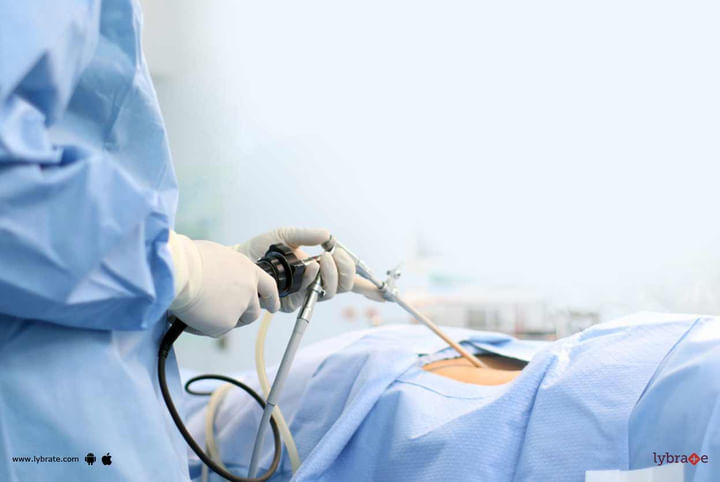Underwent A Robotic Hysterectomy? Here Are Some Recovery Tips!
A hysterectomy is a surgical procedure that is done to remove your uterus. Robotic hysterectomy is a more preferred procedure than open surgeries because:
- They cause minimal discomfort.
- They have better recovery options.
- Loss of blood is minimized
- The pain associated with the usual surgical procedures are less compared to other options.
This is one of the best procedures that have been designed after years of research in the field of robotics. It is true that they are safe, but it does not mean that there are immediate recovery options. The bottom line is that it is a procedure to remove the uterus and you have to give due importance to the recovery procedures that come along with such robotic surgeries. Let us have look at them.
Recovery
The recovery period depends on the type of surgery you had and also depends on a case to case basis. However, you might be asked to stay overnight in the hospital for observation. You would be constantly monitored during this period and any complications that might arise are given utmost care.
- Pain medications and medicines to prevent infections that might arise due to the surgery are given during this period.
- You may experience a light vaginal bleeding for a few days. However, this is normal and will gradually ease out. In case the ovaries are removed, the recovery period is extremely crucial. You will no longer have menstrual periods and your body would immediately start adapting to the menopause cycle.
During this transition, the hormonal changes start to occur and you might be experiencing mood swings and hot flashes. You may also experience periods of night sweats. However, all these factors are common occurrences and your body would gradually adapt to these changes. The exact recovery period can range from a week to about six weeks. During these times, you would be given the following advice:
- Take plenty of rest and limit your activities.
- Do not lift any weights or do any rigorous tasks during these periods.
- Any sorts of sexual intercourse must be avoided till you heal completely. Talk to your doctor about this and get to know more about the recovery options.
- Never miss a periodic check-up during these times.
- Always take the prescribed medications on time.
There can be some sense of loss of your uterus during this period. For some women, this can mean that they would not be able to bear a child. These are some of the common stress factors that come into play during the recovery period. Watch out for them and get emotional support guidance from the counsellor, if the need arises.



+1.svg)
